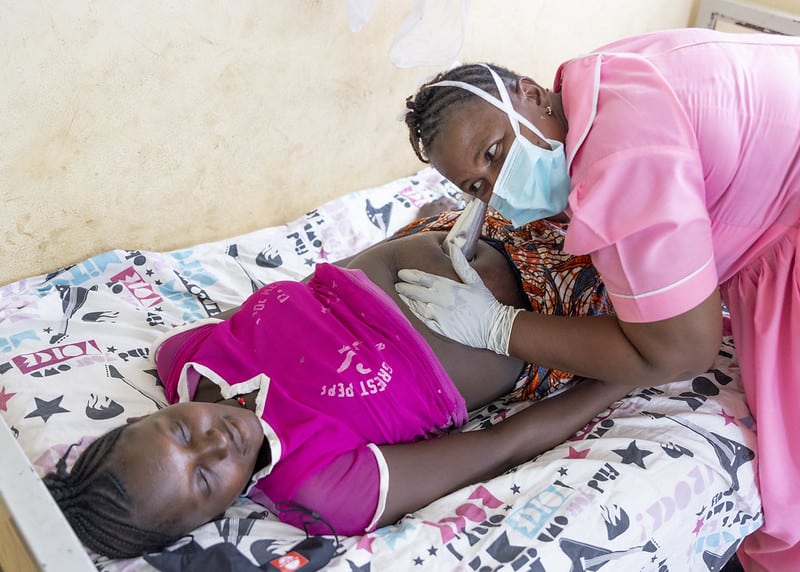
New Evidence-based Brief Informs SBC to Reduce Malaria in Pregnancy
Social and behavior change can encourage early prenatal care and prevention measures, keys in reducing a mother’s risk of malaria.

Social and behavior change can encourage early prenatal care and prevention measures, keys in reducing a mother’s risk of malaria.
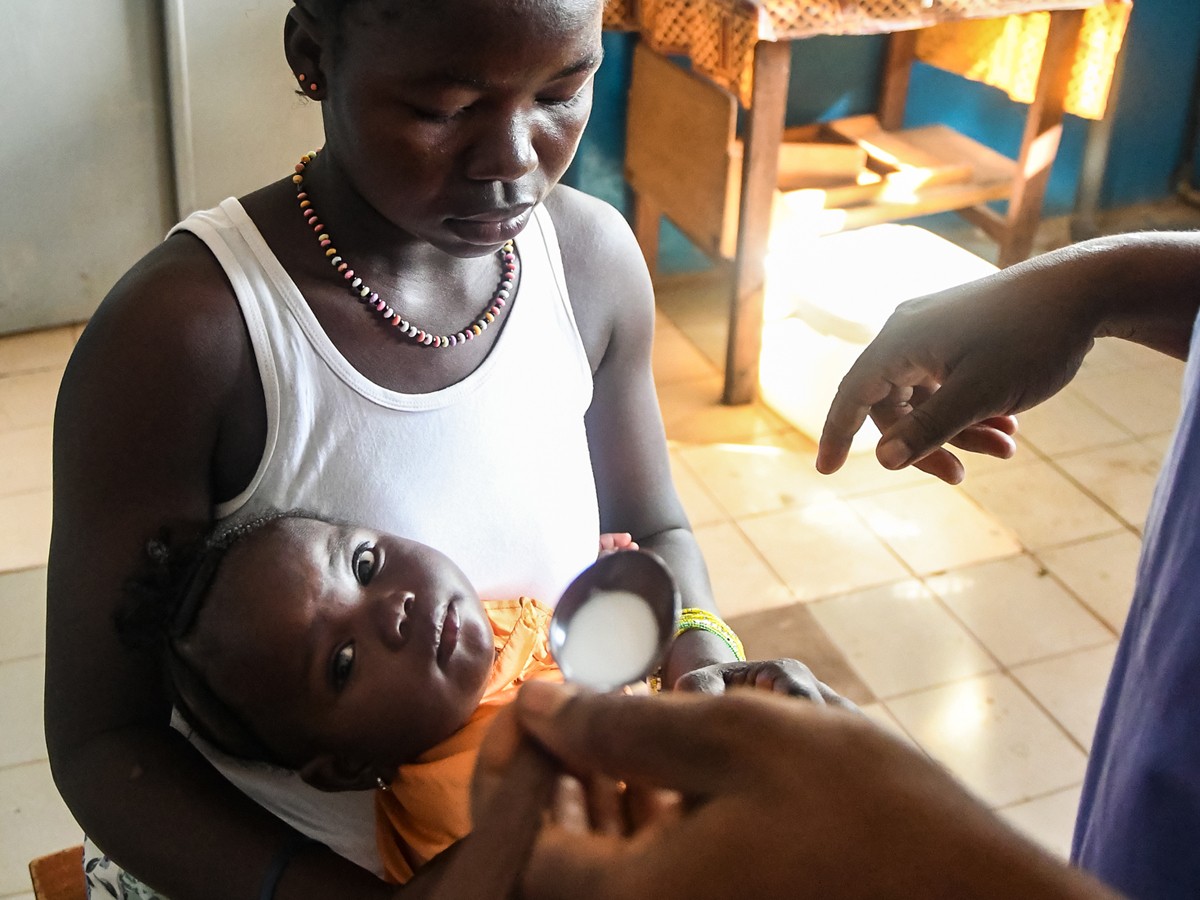
CCP researchers are investigating whether herbalists and others can work with the health system to help people get treatment for fever and prevent more serious malaria complications.
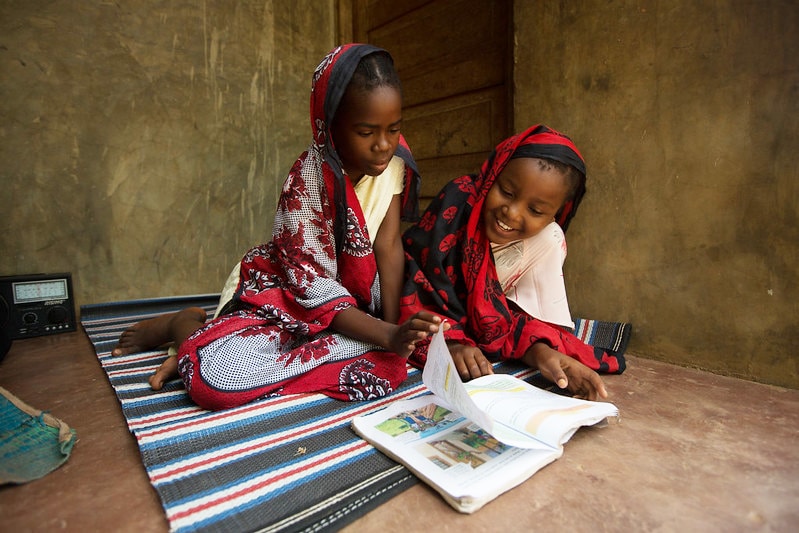
New CCP research suggests that broader, more systematic tools are needed to understand factors that influence behavior in low malaria settings.
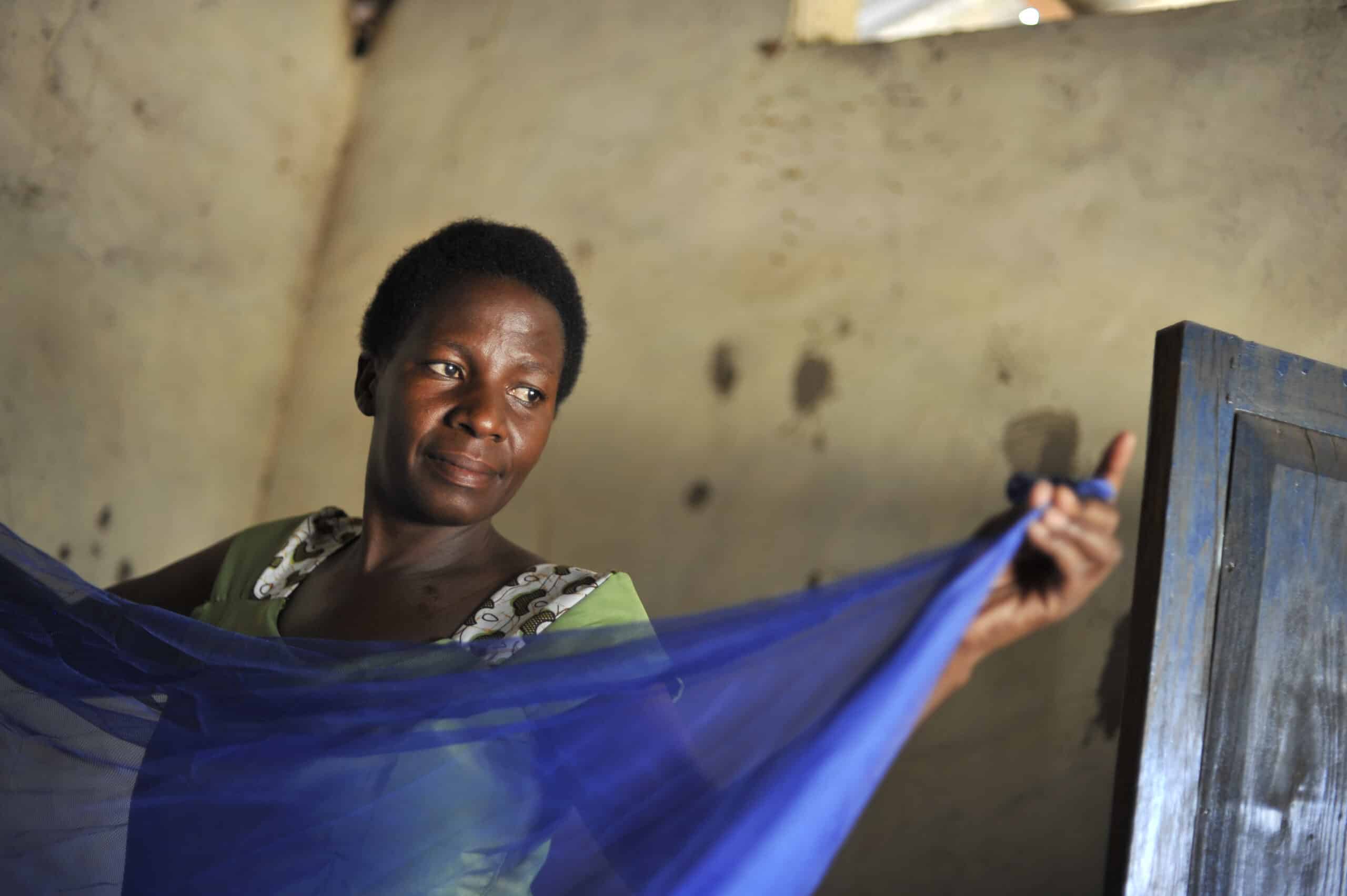
CCP will support 23 oral and poster presentations at the three-day Roll Back Malaria Social and Behavior Change Working Group, delivering 10 of them and co-authoring 13 more.
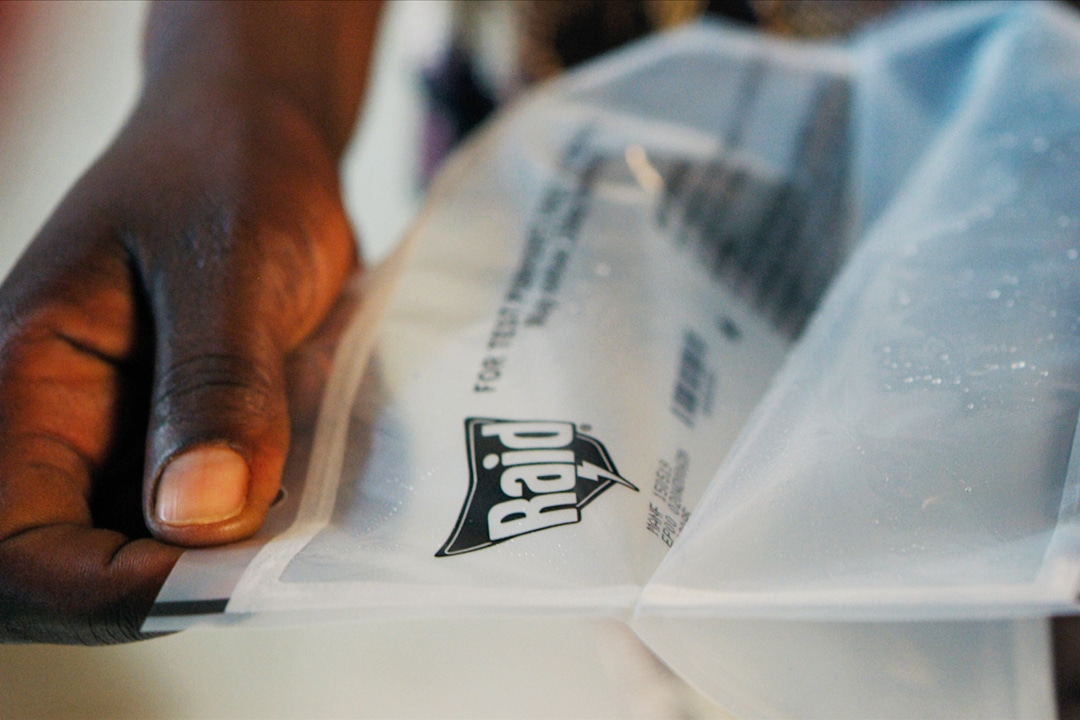
CCP researchers are looking to understand how people feel about this new type of malaria protection and how best to drive usage once it is approved.
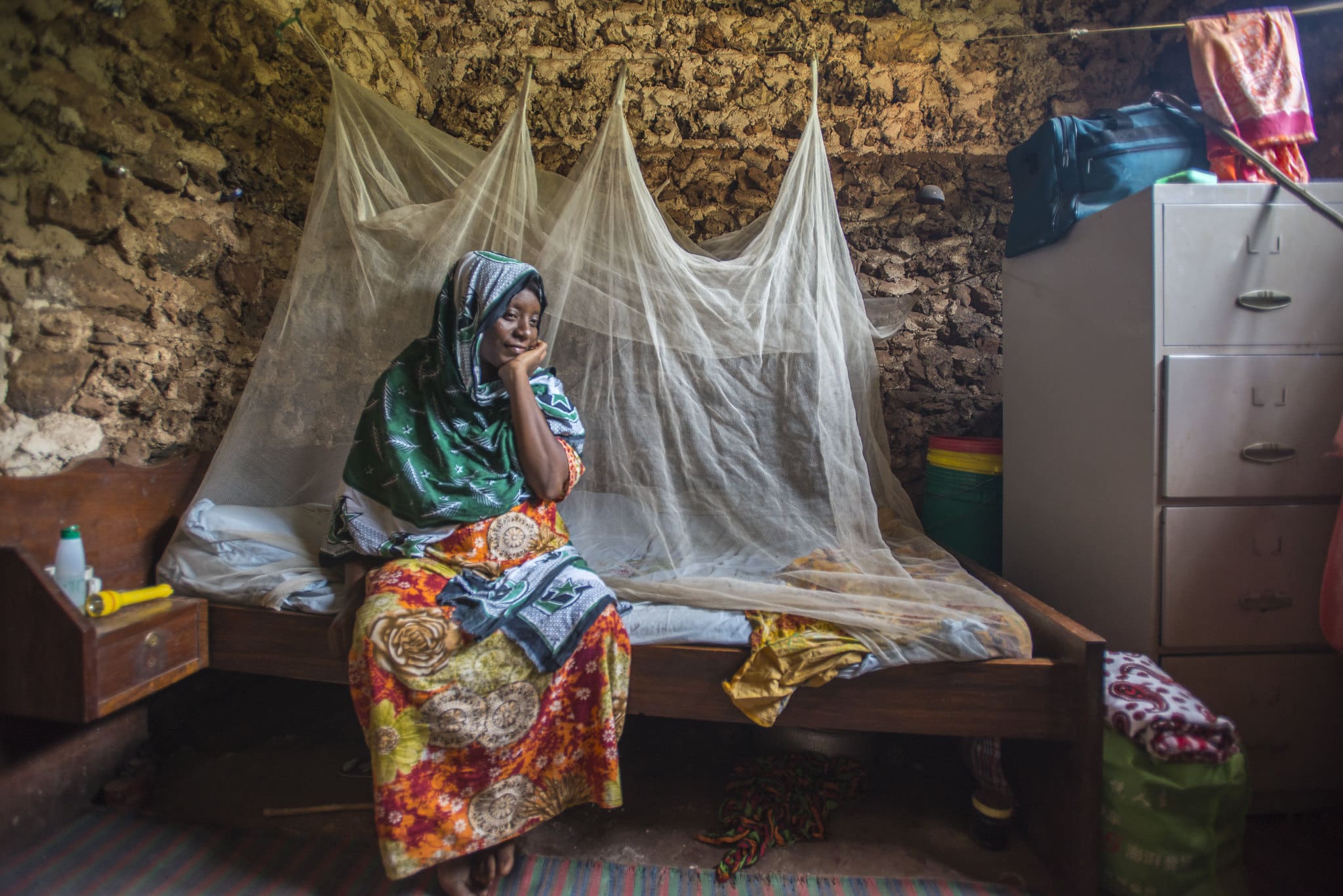
New CCP-led research suggests that few bed nets sold in Tanzania are treated with a long-lasting insecticide, a crucial component for malaria prevention.
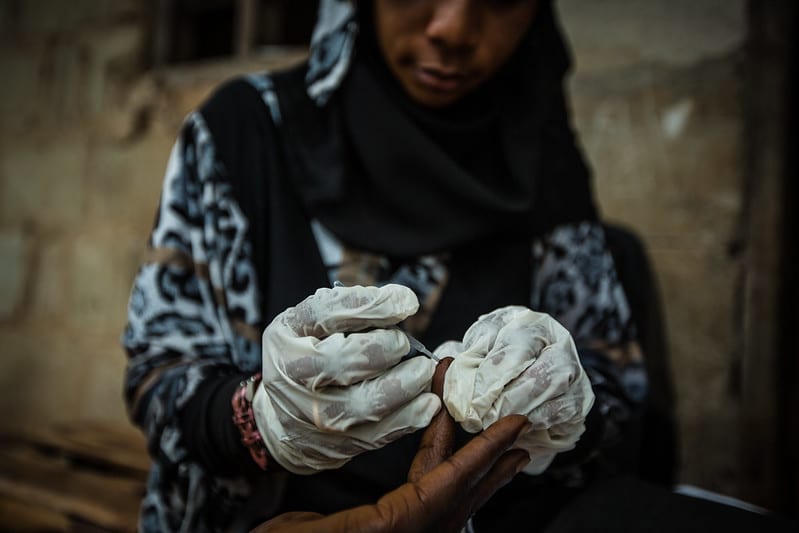
“There’s much less trust in the negative rapid diagnostic test result than there is in the positive one,” says CCP researcher Kathryn Sugg.
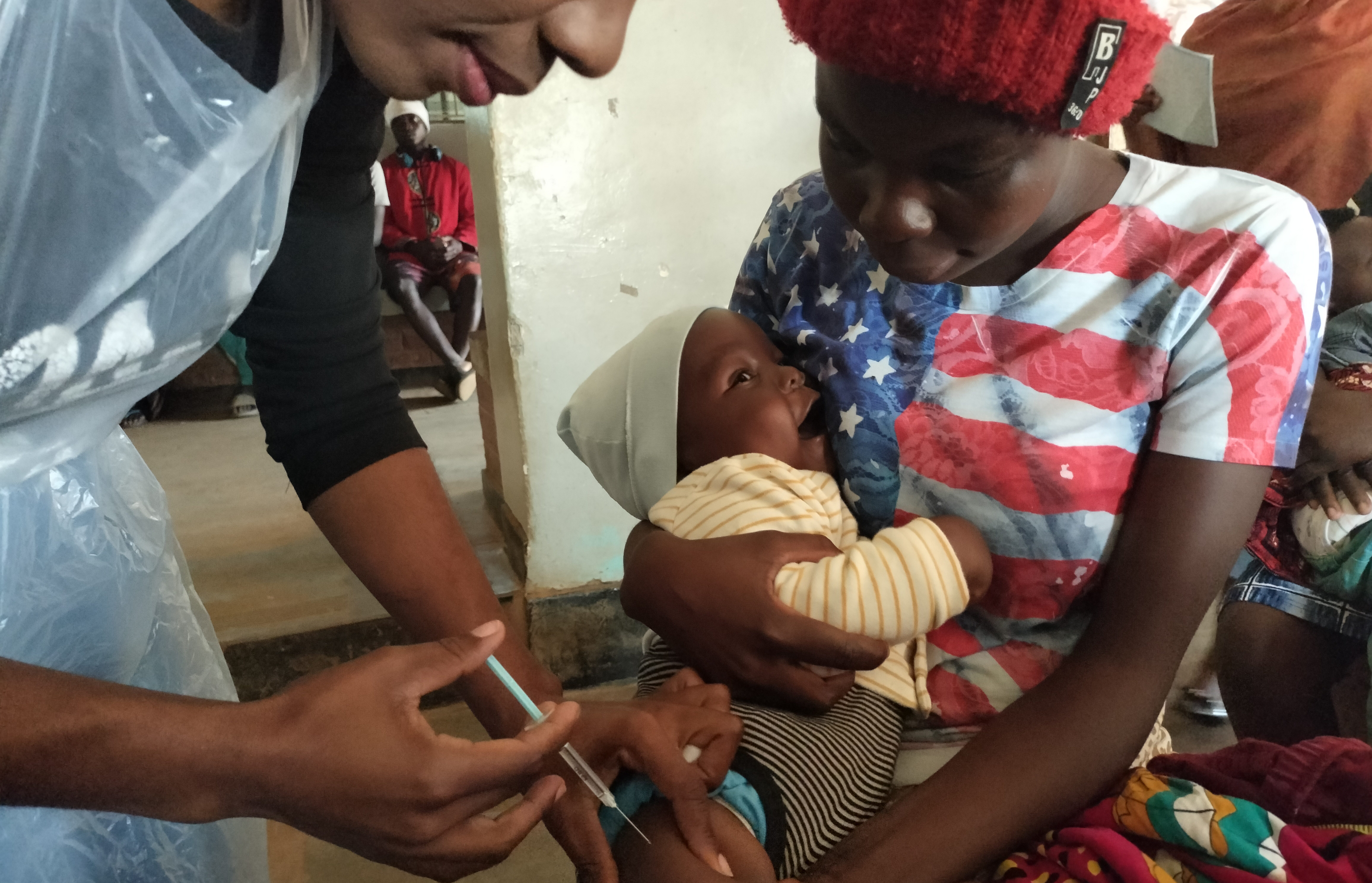
A new CCP-led study suggests that youth-friendly interventions for pregnant adolescents could increase early prenatal visits, which could reduce malaria and improve birth outcomes.
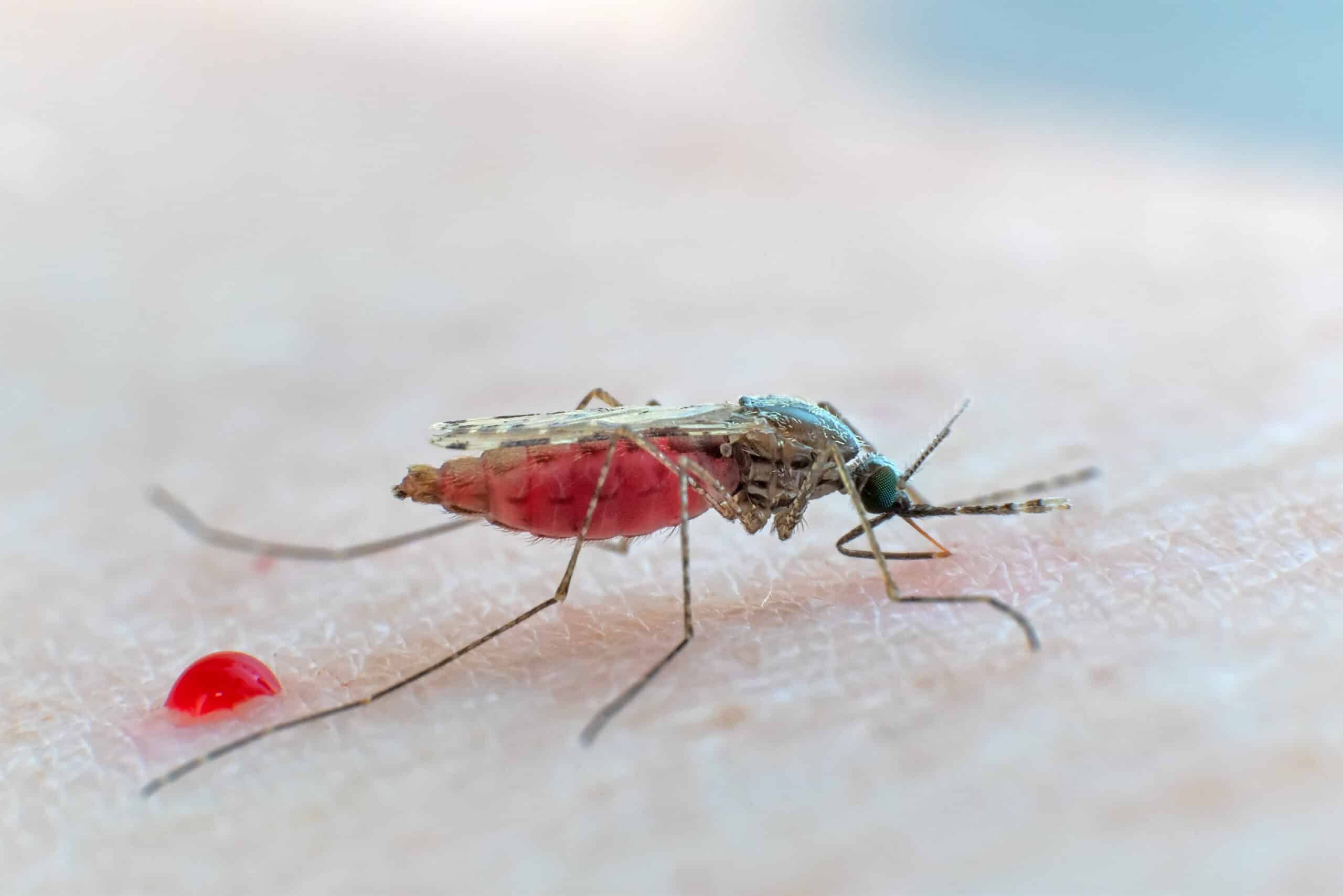
New guidance offers aid to manage Anopheles stephensi, a malaria-carrying species new to Africa that behaves differently than the ones it is used to fighting.
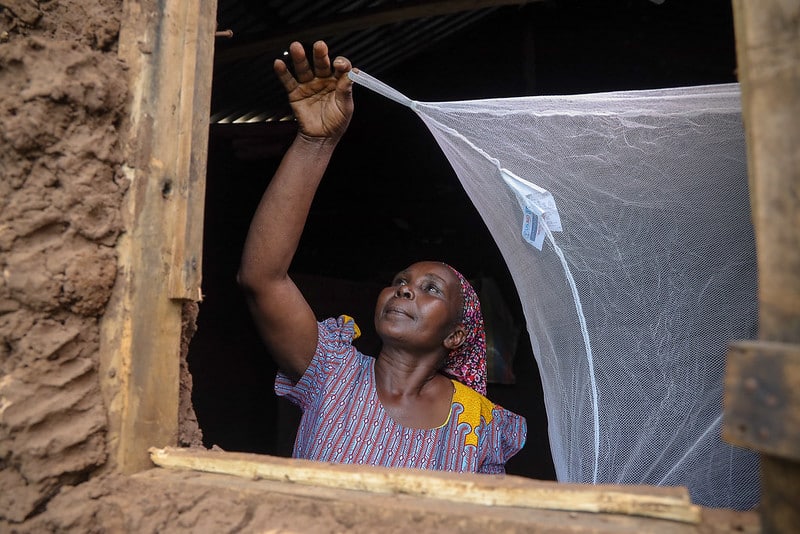
“This new visual, interactive dashboard is so important,” says CCP’s Mike Toso. “Now, program planners can pull up exactly what they need to understand, on their phone, in seconds.”
Receive the latest news and updates, tools, events and job postings in your inbox every month